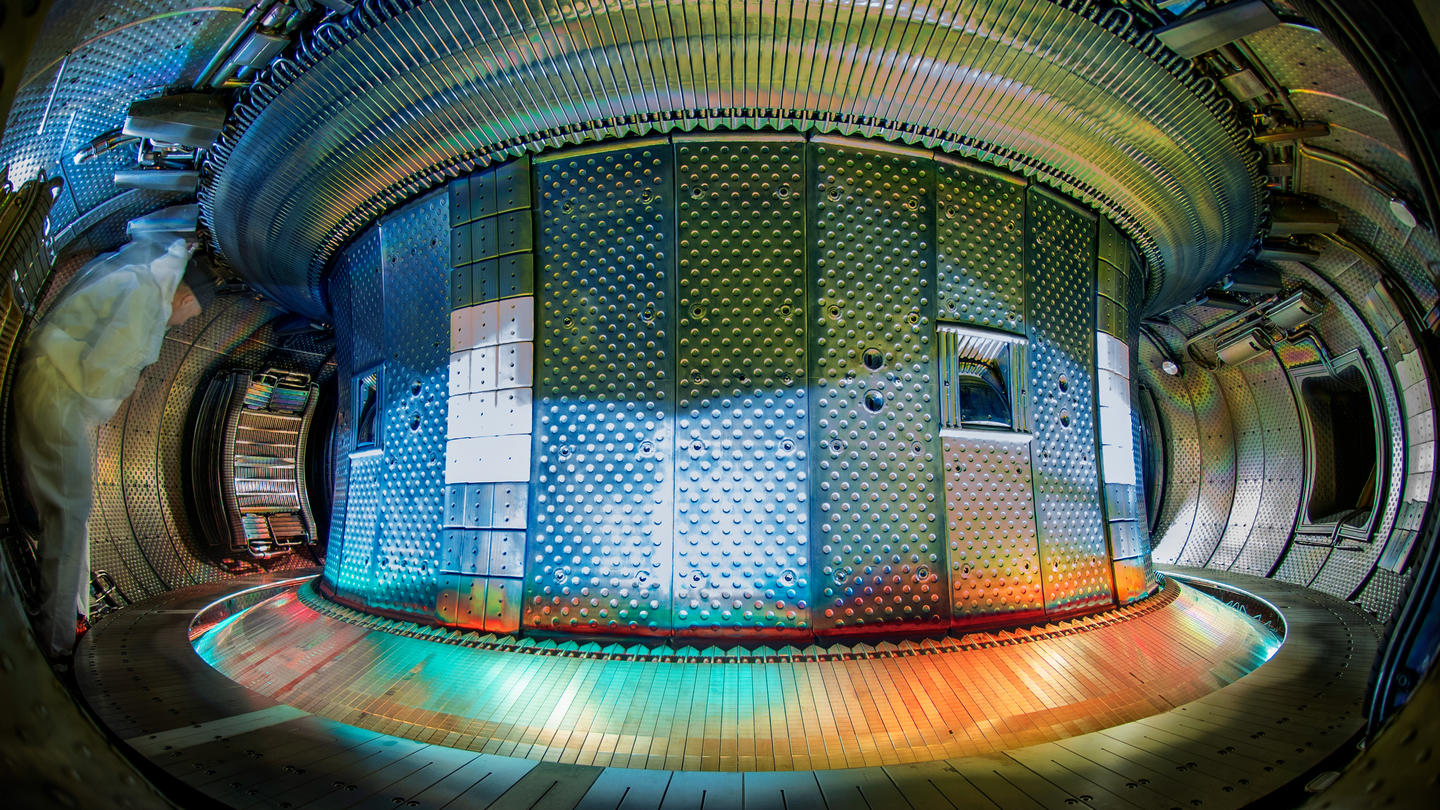One new focus of SGS work on fissile materials will be the implications of increased interest in commercializing nuclear fusion energy in the coming decade. In addition to government-sponsored efforts, more than fifty startups currently seek to demonstrate first prototype machines in the next 10–15 years. Fusion power systems can in principle be used to make significant amounts of fissile material. Commercial-size fusion reactors would also contain kilogram-quantities of tritium, which is used to boost the yield of advanced nuclear weapons, posing additional proliferation risks. The possibility of using a fusion reactor for undeclared military purposes has raised the question of how these facilities can be monitored effectively to ensure their peaceful use. There is currently great uncertainty about how such systems would be regulated, i.e., whether they would be considered nuclear reactors and require the same level of oversight. SGS research in this area examines possible strategies to monitor nuclear fusion reactors and assess different plant designs with respect to their safeguardability and proliferation resistance.
